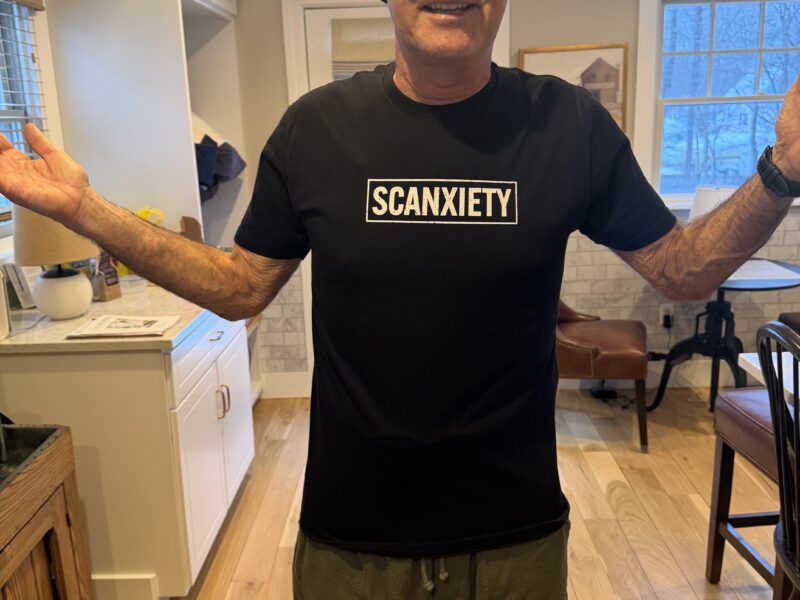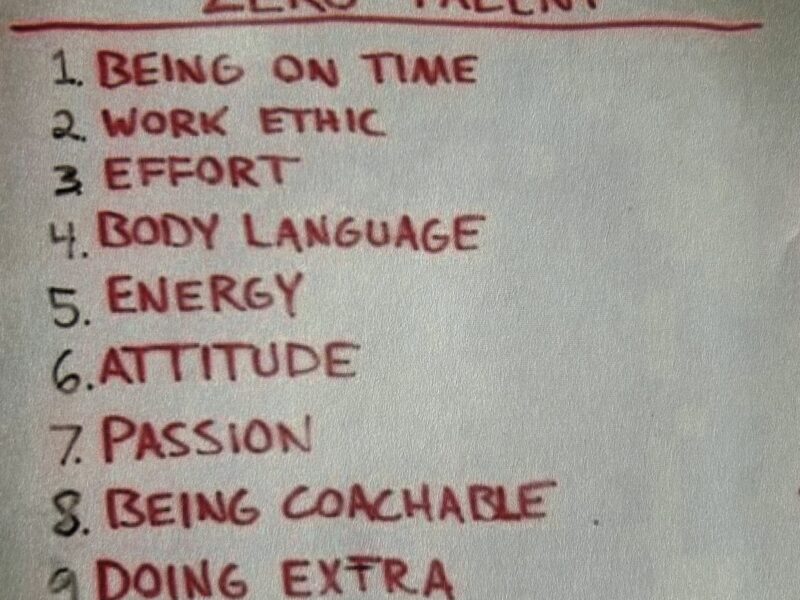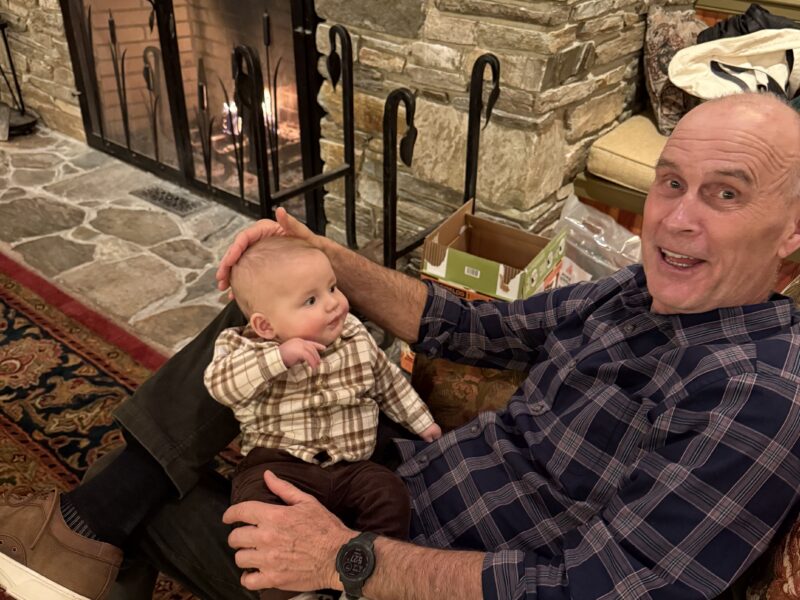Curiosity, perhaps the unsung hero of Hyde’s 5 Words, was the theme of our recent Fall Family Weekends. Honored to speak at the concluding community meetings at Bath and Woodstock, I began my remarks with an explanation of the monumental role that a few well-placed/timed books played in my own personal journey with curiosity.
Just recently, while early for an appointment in Boston, I decided to take a stroll through the Public Gardens when I experienced an unexpected, uplifting, and heart-warming encounter with a sculpture that reminded me of how my mom started me off on the right path with some of the children’s classics:
Talk about a flood of memories flowing forth! Does this next drawing ring any bells?
I’d like to tell you that Make Way for Ducklings set me on an uninterrupted ever-upward trajectory of scholarship and citizenship, but… No.
After showing promise through most of elementary school, it seemed as though two phrases followed me everywhere as I began junior high:
- “Malcolm, you seem to be spending a lot of time with the wrong crowd.”
- “Malcolm, you’re a bright kid who doesn’t apply himself.”
Long story short, at age 12 I was pulled out of the 7th grade at Bath Junior High and sent to Fessenden, a suburban Boston junior boarding school. In fairly short order, both scholarship and citizenship went from bad to worse in probably every respect but one: The Books:
We kicked off with Death Be Not Proud, John Gunther’s 1949 portrayal of his son’s gut-wrenching experience with the brain tumor that led to his death at age 17, shortly after he graduated from Deerfield Academy. Johnny Gunther’s courage and his parents’ love for him gave me a model for how we Mainers describe our state: “The way life should be.”
Seeing my interest in that book, my teacher (and lacrosse coach), Dary Dunham, got me to read The Headmaster, John McPhee’s 1966 pocket biography on Frank Boyden, headmaster at Deerfield for 66 years. Neither Dary nor I would have bet that I would someday become a headmaster myself – and both of us wish we had taken the “over/under” on that bet. – but those books helped me be a better one.
I can’t say that I liked Great Expectations, by Charles Dickens, but I remember the feeling of accomplishment upon finishing it…. I identified with characters like Kino in Steinbeck’s The Pearl… Santiago in Hemingway’s Old Man & the Sea… And I certainly saw a lot of myself in Mark Twain’s Huckleberry Finn.
Then there was the book that had the greatest impact: To Kill a Mockingbird. I remember reading beyond the required assigned pages for the first time in my life. I was thoroughly absorbed. This was at a time when it was dawning on me that I was not going to be the next Carl Yastrzemski, or Bill Russell, or Bobby Orr. (Note to Class of 2016: If you don’t know those names, feel free to substitute Tom Brady, Big Papi, and “Gronk.”) Not only was I facing the realization that I was never going to play for the Bruins, I was doubting that I was ever going to be good at much of anything… and along came Atticus Finch… the hero of Mockingbird. He seemed to me to be a guy that maybe someday I could actually be: a good guy, a good father, someone who stood on principle. After Gregory Peck sealed the deal in the film version – one of those rare cases where the movie really is as good as the book. – I had my role model.
Twenty-seven years later, my wife and I named our second child Scout after the hero of the book.
Yeah, those books helped show me the right path. And when I’ve strayed off-course, they’ve helped point me to my True North. Books can do that sometimes.
Onward, Malcolm Gauld
P.S. – With the recent publishing of Go Set a Watchman, Harper Lee’s classic book has been getting a lot of revisionist attention. FWIW, I wrote a post on that back in July: //hydeschoolstg.wpengine.com/2015/07/24/malcolms-blog/go-set-a-watchman/


